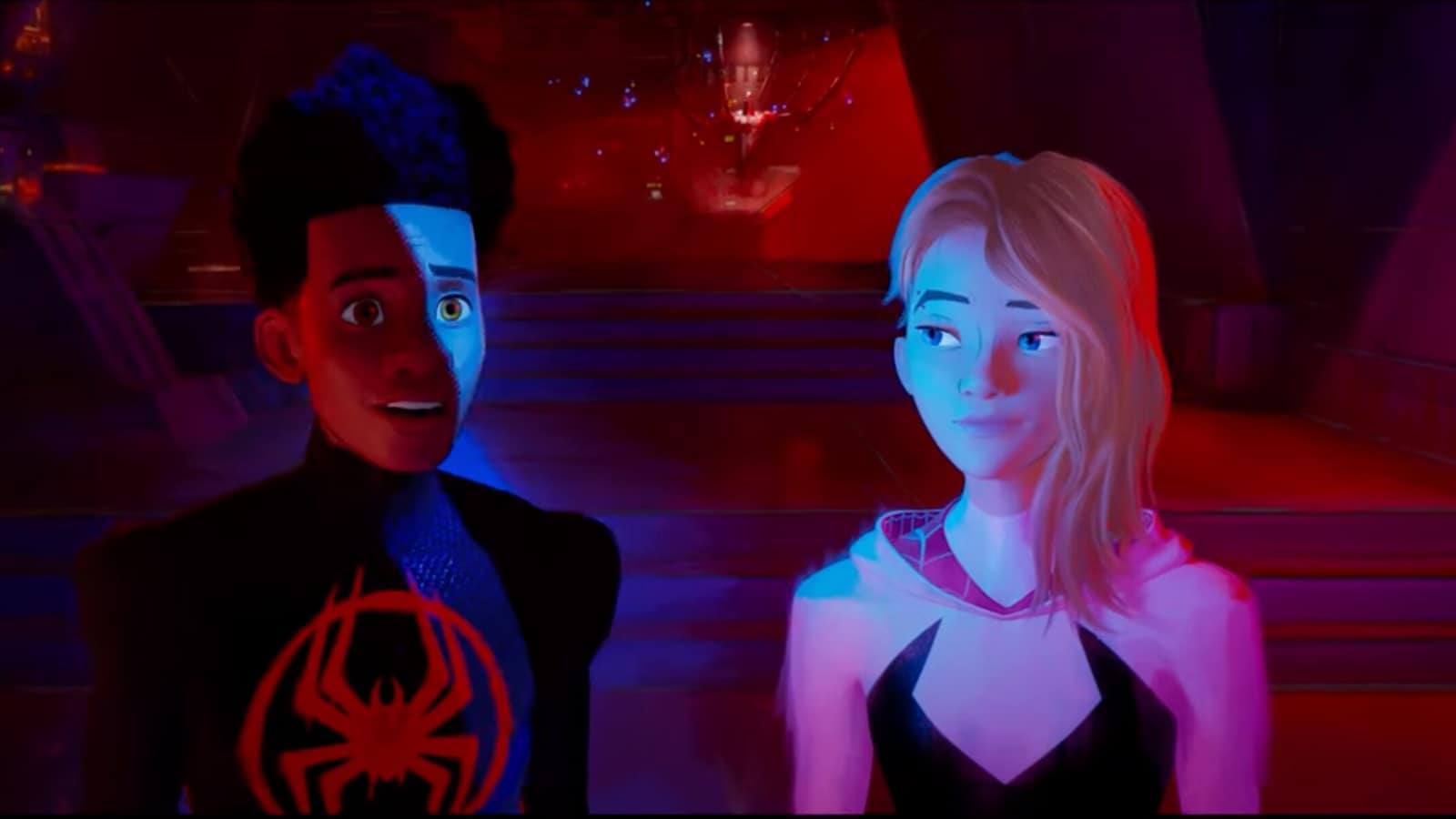It had to be intimidating to follow up one of the most creative and beloved movies of the last five years. Into the Spider-Verse received massive acclaim, earned an Academy Award, and made more than $375 million worldwide. Its animation style has overtaken DreamWorks (Puss in Boots: The Last Wish) and Nickelodeon (the upcoming Teenage Mutant Ninja Turtles film). And while it never had the profile of the MCU-connected Spider-Man adventures, it trumped that series' attempts at multiverse storytelling. Topping that had to be a lot of pressure. But just like Miles Morales did in the first entry, Spider-Man: Across the Spider-Verse rises to the occasion and soars.
Despite featuring several new characters and multiple dimensions, this sequel remains laser-focused in its storytelling. The first 15 minutes or so could work as a stand-alone short, and it would still be one of the best things I've seen all year. This prologue serves as a stellar reintroduction to Gwen Stacy (Hailee Steinfeld), who's taken up drumming to cope with the loss of her universe's Peter Parker. The fantastic music from Daniel Pemberton here takes center stage, as Gwen's solo loudly overtakes her own monologue. Her relationship with her cop father (Shea Whigham) has fractured to the point that she leaves her world, and takes a job as an inter-dimensional bounty hunter.
Struggling to relate to parents remains a constant theme throughout. Miles (Shameik Moore) would rather spend his days catching bad guys than going to school. At the same time, he feels the weight of not wanting to disappoint his mom (Luna Lauren Velez) and dad (Brian Tyree Henry). The very best Spider-Man entries remember that its protagonist is still a teenager with relatable problems. There may be supervillains to stop, but they're not as important as personal relationships.
This is one of many reasons why this sequel works so well: It raises the stakes but never at the expense of its characters. They're so important to this story that even the animation changes as they do! In one heart-wrenching scene with Gwen and her dad, the walls of their apartment begin to drip and smear as their tears begin to flow. It's a risky aesthetic choice, but one that pays off extremely well.
Even though this entry runs nearly two-and-a-half hours, it never wears out its welcome. It covers a ton of emotional ground and world-building. Its forward motion makes it fly by, but its climactic twist and cliffhanger land with tremendous power. That's because it's earned all of its pathos and all of its laughs. You only get filmmaking at this scale when it's allowed to take its time, and not churned out as content.
Spider-Man: Across the Spider-Verse is a spectacular sequel. It takes everything amazing about the first film and kicks it up a notch. It'll be hard for any other summer blockbuster to top this.

